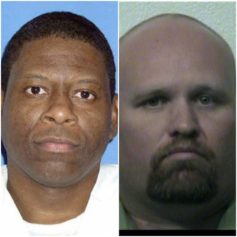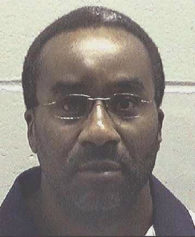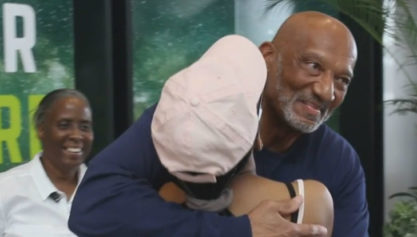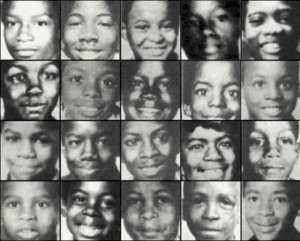
Atlanta Child Murders
A new play is shedding light on the Atlanta child murders, a series of crimes that terrified Black families more than 30 years ago.
Janine Nabers, author of the new play titled Serial Black Face, has described the murders as a “a time in America that has been gravely overlooked.” Serial Black Face is being presented at Actor’s Express in Atlanta from April 2-24. The play has already won the Yale Drama series competition.
The murders were very controversial when they occurred in the summer of 1979 through 1981. At the time, Black families kept a close eye on their sons. Of the 29 victims who were kidnapped and murdered, most were Black boys while some men and young girls were also victims.
“[Families] with young black boys were holding tight to their children and praying a lot,” said Bunnie Jackson-Ransom, ex-wife of former Atlanta Mayor Maynard Jackson, in an interview in Atlanta Magazine. “There was pandemonium within public housing communities and in southwest [Atlanta]
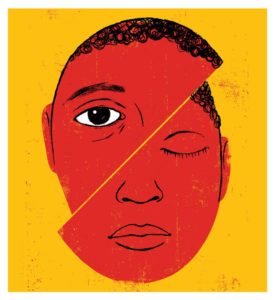
Serial Black Face Illustration
where most black people lived. On any given weekend, volunteers from the African-American community would scour wooded areas where bodies of the boys had been found, looking for clues and evidence to help police.”
Wayne Williams, a Black man who was an aspiring radio technician and who came from a professional family, was arrested by Atlanta police and pinned as the murderer. Police claimed they found fibers that linked Williams to the crime. A jury found Williams guilty of two of the murders and he was sentenced to life in jail. Prosecutors claimed Williams’ arrest and conviction stopped the killings. But even today the decision is controversial for several reasons.
- Williams continues to maintain his innocence. According to The Augusta Chronicle, Williams’ lawyers described his conviction as a “profound miscarriage of justice.” In an Associated Press interview 20 years after his conviction, Williams still said he was wrongly convicted. “I’ll say this 100 times. It should be obvious right now of my innocence,” he said.
- The murders were rumored to have been carried out by the Ku Klux Klan. The Atlanta Police Department was allegedly under pressure to quickly resolve the case and prevent this information from leaking out because of fears it would spark a race war. This theory has been explored in several articles and movies. According to The Washington Post, white supremacist Charles T. Sanders told a Georgia Bureau of Investigation informant the murders had “wiped out a thousand future generations.” The police dropped an investigation of the Klan after Sanders and two of his brothers passed polygraph tests.
- According to FBI profilers, most serial killers are white men. Williams was one of the first Black men ever identified as a serial killer.
- The material evidence used against Williams is questionable. This was in the days before DNA evidence. A 2015 Department of Justice study said the evidence “failed to meet professional standards.”
In a statement to Atlanta’s 11 Alive News, Williams said he is hopeful that new information about the case will eventually exonerate him.
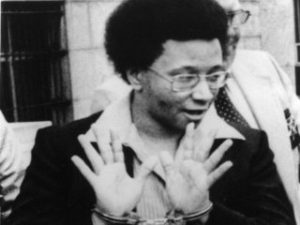
Wayne Williams during his trial.
“I am thankful, after so long, the truth has finally come forth about the injustice suffered by me, my family and the families of the victims,” said Williams. “I hope these revelations can free other innocent persons robbed of their lives by these criminal actions committed by those entrusted to secure justice. This should be a wakeup call, especially in light of the recent murders of African Americans, at the hands of the same types of corrupt law enforcement persons who have been responsible for what we experienced decades ago. I sincerely hope that these correct actions by (J)ustice (D)epartment officials, to come forth with the truth, can finally bring closure and right this terrible wrong.”
